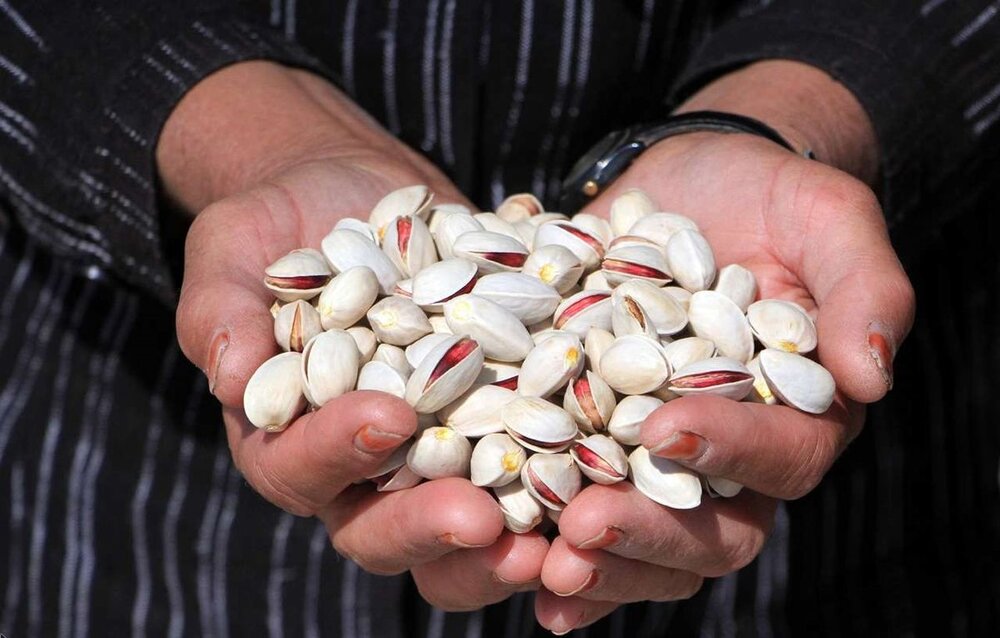Iran exports over $95m of pistachios to EU in 9 months

TEHRAN- Iran has exported over $95 million of pistachios to the European Union (EU) member states during the first nine months of 2022, IRNA reported citing the data released by the European Union's statistics office, Eurostat.
Iran’s pistachio export to the union has dropped 39 percent in the first nine months of this year, from $154 million in the same period of time in the past year, the Eurostat data indicate.
The Islamic Republic was the second biggest exporter of pistachios to Europe after the United States in the mentioned nine months.
Germany, Spain, and Italy were the top importers of Iranian pistachios in January-September 2022, according to Eurostat data.
Although Iran is mostly known for its vast hydrocarbon resources, there are some other precious products that people all around the world put the Iranian brand on and appreciate greatly, one such product is Iranian “green gold” or pistachio.
Cultivation of pistachios in Iran dates back to the Achaemenid period or the fifth century B.C; Like the great dynasty, the Islamic Republic was the world’s unrivaled, leading producer of pistachios for a long time, with southeastern Kerman province being the hub of production for so-called green gold.
Over the past decade, climate change has caused severe drought in Iran, leading to 85 percent of the country being classified as arid or semi-arid. The decline in annual average rainfall and shortage of surface water has forced farmers to dig more wells to pump water from underground reserves. Nearly half of the 750,000 wells dug in Iranian farms are illegal, which indicates why the unconstrained use of underground water in agriculture is the main source of water waste in the country.
The situation is the same in Kerman province, which accounts for 70 percent of Iran’s pistachio production. As announced by Hossein Rezaei, the secretary-general of the Iran Pistachio Association (IPA), the production of pistachio in Iran fell by 70,000 tons in the previous Iranian calendar year (ended on March 20) to hover at around 150,000 tons.
Hossein Rezaei said that the current year's sprouts have also been destroyed by climate change, and this year it is difficult to keep the market, so government support is required.
EF/MA
Leave a Comment